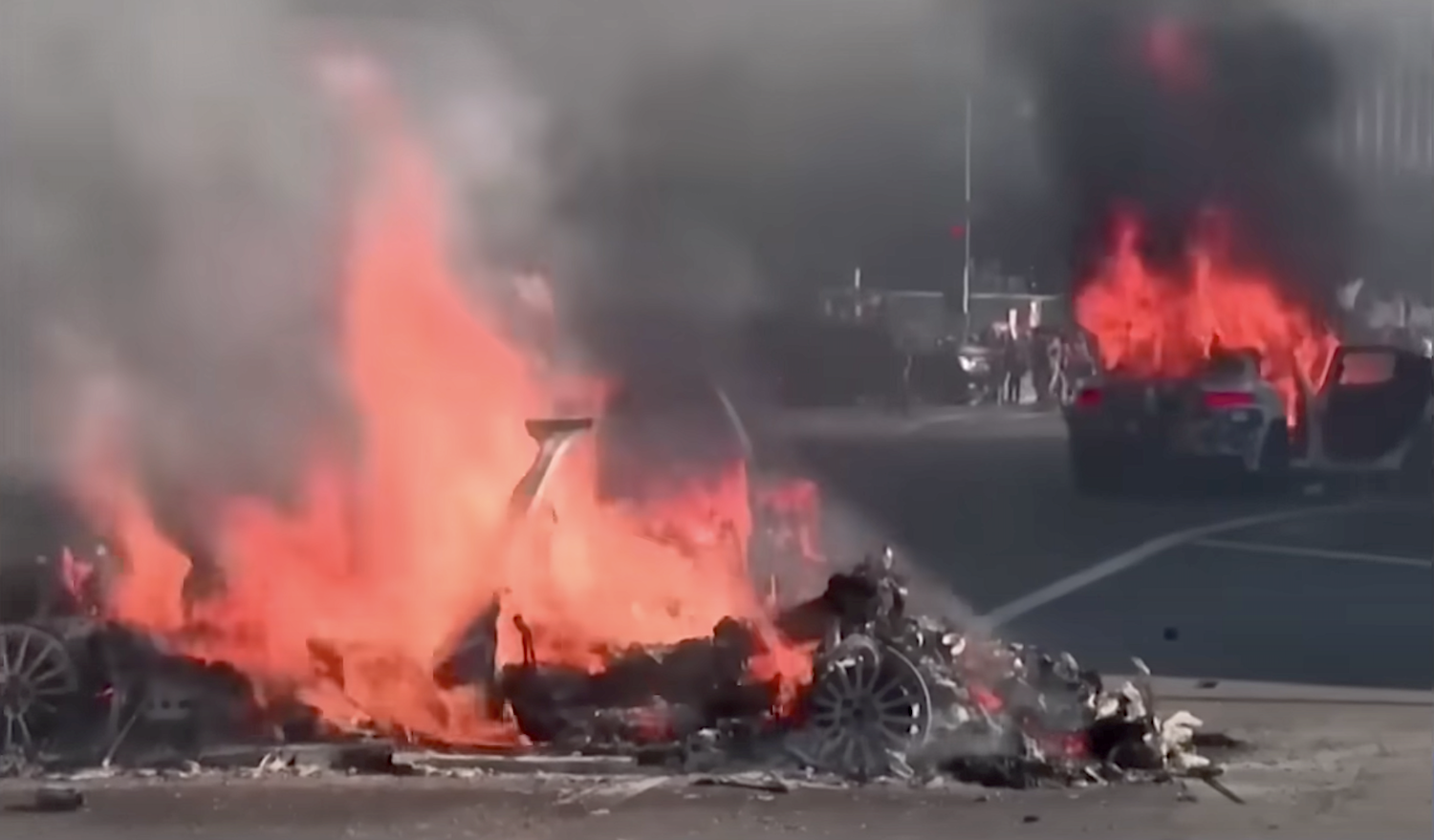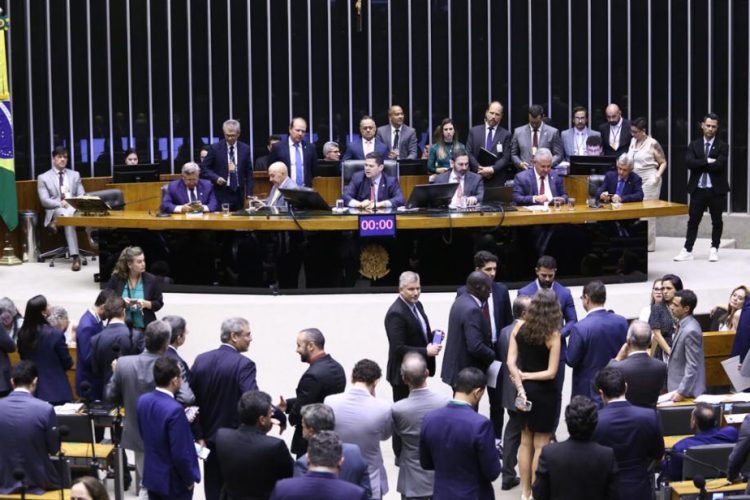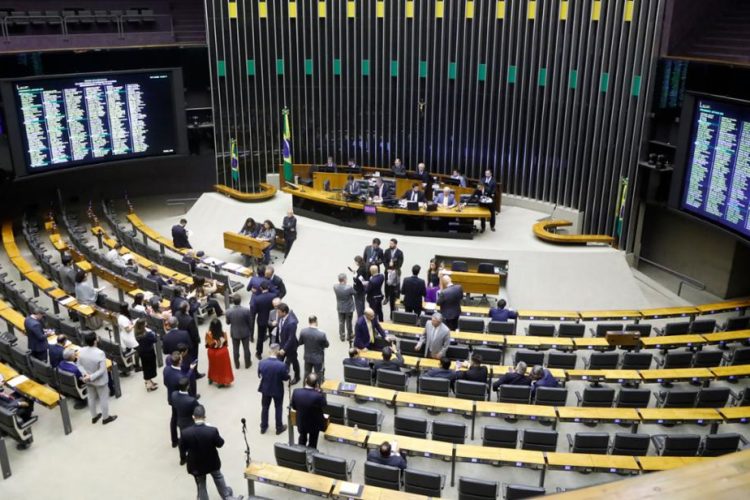
In the dead of night, an unelected federal judge made himself president and subordinated the duly elected commander-in-chief to a governor.
That is the effect of Senior Judge Charles Breyer’s ruling that President Trump’s federalizing of California’s National Guard in the face of the Los Angeles riots was “illegal,” and that the president must return control of the forces to Gov. Gavin Newsom.
Like several judges who ruled that Trump illegally invoked the Alien Enemies Act to pursue illegal alien terrorists for swift removal, Breyer’s ruling boils down to his view that, as a district court judge, he may substitute his wisdom for that of the president.
Trump federalized the National Guard under 10 U.S.C. § 12406. The law says that if “there is a rebellion or danger of a rebellion” against the U.S. government, or the president “is unable with regular forces to execute the laws of the United States,” he may take command of the National Guard of a state and deploy it “in such numbers as he considers necessary” to “suppress the rebellion or execute those laws.”
Nowhere does the law delegate to any one of the hundreds of district court judges the power to determine whether a rebellion is afoot or “regular forces” are insufficient to ensure law and order. Nor does the law require the president to preclear such actions with a court — whether in San Francisco, as in this case, or anywhere else.
“[T]he President has every right under the Constitution and by statute to call forth the National Guard and Marines to quell lawless violence directed against enforcement of federal law,” the administration wrote in its motion opposing California’s call for a temporary restraining order.
Executives must act vigorously in matters of national security, and they do so armed with knowledge and intelligence that judges lack. Executives are also directly accountable to the people in ways judges are not. Therefore, as not only a legal but a practical and political matter, it is beyond dubious for a judge to make this call.
“Plaintiffs admit that Los Angeles has experienced ‘unrest,’ but ask this Court to second-guess the President’s judgment that federal reinforcements were necessary,” the administration said. “That is precisely the type of sensitive judgment that is committed to the President’s discretion by law, and to which courts owe the highest deference.”
Yet Breyer did not afford the president such deference.
There was no rebellion, he found, writing, “While Defendants have pointed to several instances of violence, they have not identified a violent, armed, organized, open and avowed uprising against the government as a whole.”
Nor, in the judge’s opinion, was the administration unable to execute the laws without the National Guard.
“[T]he statute does not allow for the federalizing of the National Guard when the President faces obstacles that cause him to underperform in executing the laws,” Breyer wrote. “Nor does the statute allow for the federalizing of the National Guard when the President faces some risk in executing the laws, though of course federal employees should never have to fear danger when performing their jobs. The statute requires that the President be ‘unable’ to execute the laws of the United States. That did not happen here.”
Breyer’s posture is consistent with that evinced in adverse rulings against the administration on the Alien Enemies Act and myriad other areas. The presiding judges seem to believe they are uniquely positioned to discern whether a rebellion or predatory incursion has occurred, and that they are entitled to order that planes be turned back to the U.S. or that forces be taken out of the president’s command.
Or as Justice Samuel Alito has put it, “[A]ll Article III judges are vulnerable to an occupational disease, which is the disease of thinking that I am right and I can do whatever I want.”
It is hard to believe that the founders, who made the judiciary the weakest branch, intended that district court judges would make policy determinations about whether conditions are sufficient to merit the president availing himself of a power delegated to him. Just imagining how this would play out in a wartime scenario reveals the insanity and danger of the road many such judges are paving.
The concern that a president might use extraordinary powers in corrupt or calamitous ways is ever-present. But our system of checks and balances provides a remedy aside from letting district court judges supplant presidents — or secretaries of defense or homeland security — to dictate policy.
Congress has a panoply of powers it can use to punish a president it believes is acting badly or prohibit actions perceived to be lawless. It can hold high-profile and potentially politically damaging hearings. It can place holds on critical nominees. It can defund or prohibit policies. It can impeach and remove a president. Or it can threaten all these and many more coercive measures to cause a change.
We are also not operating in a vacuum here when it comes to immigration and basic law and order on our streets. We have suffered an invasion to the tune of millions of illegal aliens over the last four years because federal, state, and local authorities systematically eviscerated our sovereignty. Those authorities not only created sanctuary cities but also repeatedly refused to enforce the law more broadly within those cities.
In the face of these derelictions of duty — these de facto mutinies — authorities have allowed for the basic rights of law-abiding citizens to be violated. They have seen everyday activities obstructed, they have seen their property destroyed, and they have faced threats to life and limb. That is intolerable.
The president is duty-bound to faithfully execute the laws. It is arguably an imperative to avail himself of all powers to restore the law when lawlessness has been allowed to fester.
With the administrative state, to some extent, neutralized by the Trump administration, it
is district court judges — overwhelmingly Democrat-appointed ones, as I recently reported at RealClearInvestigations — around the country who are now serving as The Resistance.
Supreme Court Justice John Roberts’ legacy is shaping up to be that, in the name of defending the institution, he allowed judicial insurrectionists to burn it down. The disingenuousness of his position has repeatedly been brought to the fore. The court has rushed to intervene in cases, effectively on behalf of the interests of criminal illegal aliens, for example. All the while, it lets unprecedented injunction after unprecedented injunction against Trump stand while appeals slowly work their way up through the lower courts — that is, while policies tens of millions of people elected the president on remain shelved.
This practice of permitting challenges to Trump’s policies to proceed according to “regular order” can be seen with respect to Breyer’s decision as well. The Ninth Circuit stayed his ruling. But it may ultimately sustain it. It still provides little consolation given the damage done.
And with riots potentially set to explode throughout the country this summer concerning immigration, Breyer’s opinion will no doubt serve as an attractive model to other district court judges to the extent Trump takes similar actions elsewhere.
Justice delayed is justice denied. And over and over again, the court seems fit to allow that injustice to persist when it comes to halting the policies of President Trump.
Ben Weingarten is editor at large for RealClearInvestigations. He is a senior contributor to The Federalist, columnist at Newsweek, and a contributor to the New York Post and Epoch Times, among other publications. Subscribe to his newsletter at weingarten.substack.com, and follow him on Twitter: @bhweingarten.


